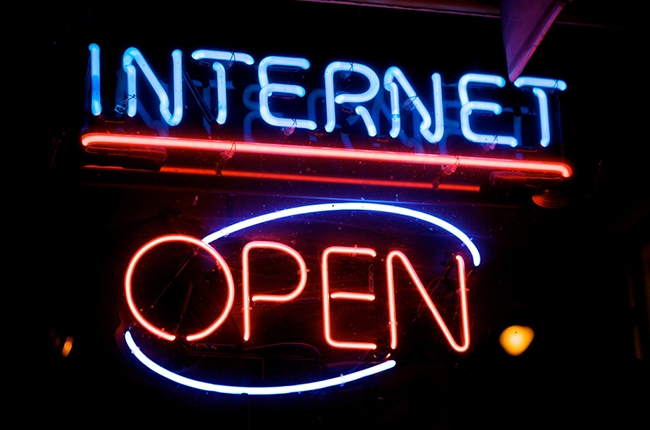
Net Neutrality has been a contentious issue for nearly a decade now, but many people still don’t understand the consequences, or what it is. Net Neutrality was coined in 2003 by Colombia Law Professor Tim Wu to refer to the principle that all data on the internet should be treated equally; businesses and governments should have no power to discriminate based on user, content creator, site, or platform used. Simply put, Internet Service Providers(ISPs) should not differentiate the data they transfer through their network, it should all be given the same level of priority.
All data being treated equal is the reason the internet has developed the way it has. It is how small businesses and blogs are able to compete with huge media conglomerates, and how media producers are able to build fan bases without the backing of big business. This keeps it relatively free from politics, predatory pricing, and other forms of control that big businesses can exert.
The ISPs built and maintain the infrastructure for the internet, and in North America internet providers are generally large communication companies that offer telephone, television and internet services. As television subscriptions fall and consumption of television increases over the internet, through services such as Netflix, ISPs are looking for ways to reclaim the revenue they are losing to streaming services. The major way they are attempting to do this is to exert control over the data flowing through their networks, and charging companies or individuals to allow their data through at faster rates. This scenario creates clear winners and loser, and changes the internet from the level playing ground it started as, to an environment of haves and have-nots.
This situation has already happened in the US between the ISP Comcast, and Netflix. Comcast was throttling data originating from Netflix servers, causing a decrease in the quality of the service Netflix provides to its customers. This is a worrying issue as Comcast is trying to double dip in profit for the service it is providing. Both Netflix and the end consumer have already paid for the internet service from Comcast, and Comcast is then expecting Netflix to pay additional fees to ensure their data reaches the end consumer at a reasonable rate. While Netflix originally refused to pay additional fees to the ISP, continued degradation of their service to the end consumer forced Netflix to strike a deal with Comcast for direct access to its network.

This could set a precedent for Netflix in dealing with other ISP’s, as well as for ISPs relationships with other companies, which has much broader implications. If Netflix pays one ISP, then there is nothing stopping the other major carriers from similarly limiting access to the network until an additional fee is paid. With Netflix paying, then other companies should also be paying for priority, or risk losing business to companies that are paying. This raises the entry barriers for the industry, and gives a lot of power to ISPs. Business costs would rise, and drag down an entire industry, at the benefit of only a handful of huge companies.
Net neutrality also affects freedom of information, or censorship. If data transfer can be limited, it could also be stopped entirely. China employs a very robust system for limiting the websites that citizens are allowed to visit. Facebook and Google are both blocked in China, ostensibly to allow Chinese companies to develop and fill the same niche. And this did happen. Sina-Weibo and Alibaba are 2 of the largest internet companies worldwide now, and they were developed in the closed system of China’s internet. However, they are not just limiting competition to allow national growth, they are limiting the spread of information. Search for Tiananmen Square on Chinese servers and nothing comes up. Political dissent is easily wiped from the Chinese web, with the government having complete power over what is acceptable content.
This violates human rights already, but imagine if instead of a government censoring information, multiple private corporations are doing it. ISPs would be able to block competitors from their clients, block political information, and control the flow of information, all through the guise of a pay wall. Similar controls stemming from the government have already been proposed to congress in the US in the form of the Stop Online Piracy Act(SOPA) and Personal Information Protection Act(PIPA). Both caused mass protests, and were subsequently shut down. That still hasn’t stopped corporations from attempting to push through anti-neutrality measures, and it has begun to divide the tech industry as well. The second part of this article will focus on the major corporate players, and the view towards Net Neutrality from the US, Canada and EU.




